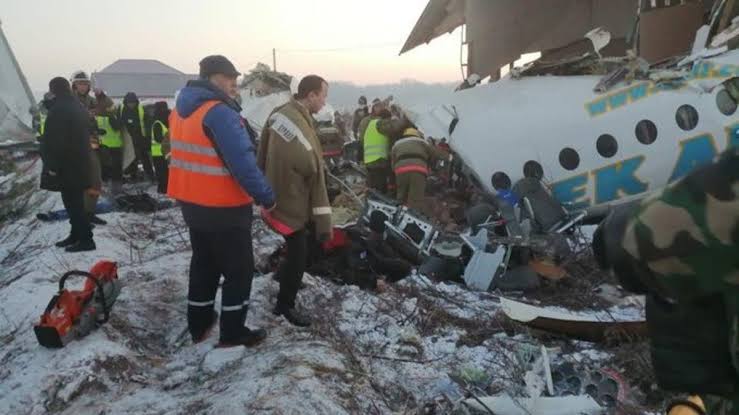China Launches Massive Naval Drills Near Taiwan
In a striking display of military strength, China has initiated its largest naval maneuvers in decades near Taiwan, prompting significant international concern and escalating regional tensions.
Published December 11, 2024 - 00:12am

Image recovered from arabnews.com
Tensions between China and Taiwan have sharply intensified as China sets into motion its largest naval deployment in the region in nearly thirty years. Taiwan has reacted by activating its combat readiness exercises and setting up an emergency response center. A high-ranking Taiwanese defense official affirmed that this deployment goes beyond previous military activities, drawing a stark line under the deteriorating relations between the two sides.
Strategically located, the Taiwan Strait serves as a significant maritime channel, witnessing the transit of more than 20 percent of global shipping. The importance of the Strait cannot be overstated, as Taiwan remains a crucial player in the semiconductor industry, controlling 90% of the world's advanced semiconductors. Any disruption in this region could have devastating economic consequences globally, with potential losses estimated at $1.6 trillion annually for the tech industry alone.
China's recent maneuvers, which span from the waters south of Japan to the South China Sea, are perceived as a reaction to Taiwanese President Lai Ching-te's recent trips to the United States and its Pacific territories. These visits have provoked Beijing, which accuses Taipei of seeking independence with American support, a move Beijing warns could lead them into unfavorable situations.
Taiwan's Ministry of Defense has declared that, while China's intense military display encompasses 90 ships surrounding the 'first island chain' — including Okinawa, Taiwan, and the Philippines — there has been no live ammunition used. Nonetheless, this show of force exacerbates existing regional tensions, pulling in potential stakeholders such as the United States and nearby allies like Japan and the Philippines.
The threat to Taiwan's autonomy deepens, with Beijing continuing to assert Taiwan as part of its territory since the Chinese civil war of 1949. The latest maneuvers, described as a 'blockade exercise,' involve simulations involving naval and aerial warfare meant to intercept both military and civilian aircraft.
Taiwan, meanwhile, remains on high alert. Taiwanese forces have undertaken precautionary combat readiness drills, responsive to Chinese maritime and aerial maneuvers. Authorities have emphasized the importance of vigilance to ensure the safety of Taiwan amidst these provocative military actions.
The geopolitical stakes of these developments are significant. Beyond regional security concerns, the potential disruption to global supply chains and the semiconductor industry highlights Taiwan's global strategic importance. In the event of a military escalation, the ramifications would be far-reaching, affecting economies and military alignments worldwide.
The international community continues to monitor the situation closely, with calls for restraint and dialogue. The increase in Chinese military activity off Taiwan's coast has obliterated previous records set during past high-tension incidents, such as those following former U.S. House Speaker Nancy Pelosi's visit.
These maneuvers coincide with ongoing diplomatic debates regarding Taiwan's status, its defense posture, and the broader question of peace and stability in the Indo-Pacific region. This surge in military posturing underscores the urgency for diplomatic interventions to mediate growing tensions between these two powers.
While China refrains from officially commenting on its expanded military actions, its strategic goals are clear. Through intense naval blockades and the splitting of air defense frameworks, China aims to demonstrate its capabilities and assert power in a region ripe with strategic influence.
As the world watches with bated breath, the unfolding developments capture the essence of a dynamic and perilous geopolitical landscape. The need for international diplomacy and conflict resolution mechanisms is more pressing than ever as both superpowers continue to duel for supremacy in the Taiwan Strait.







